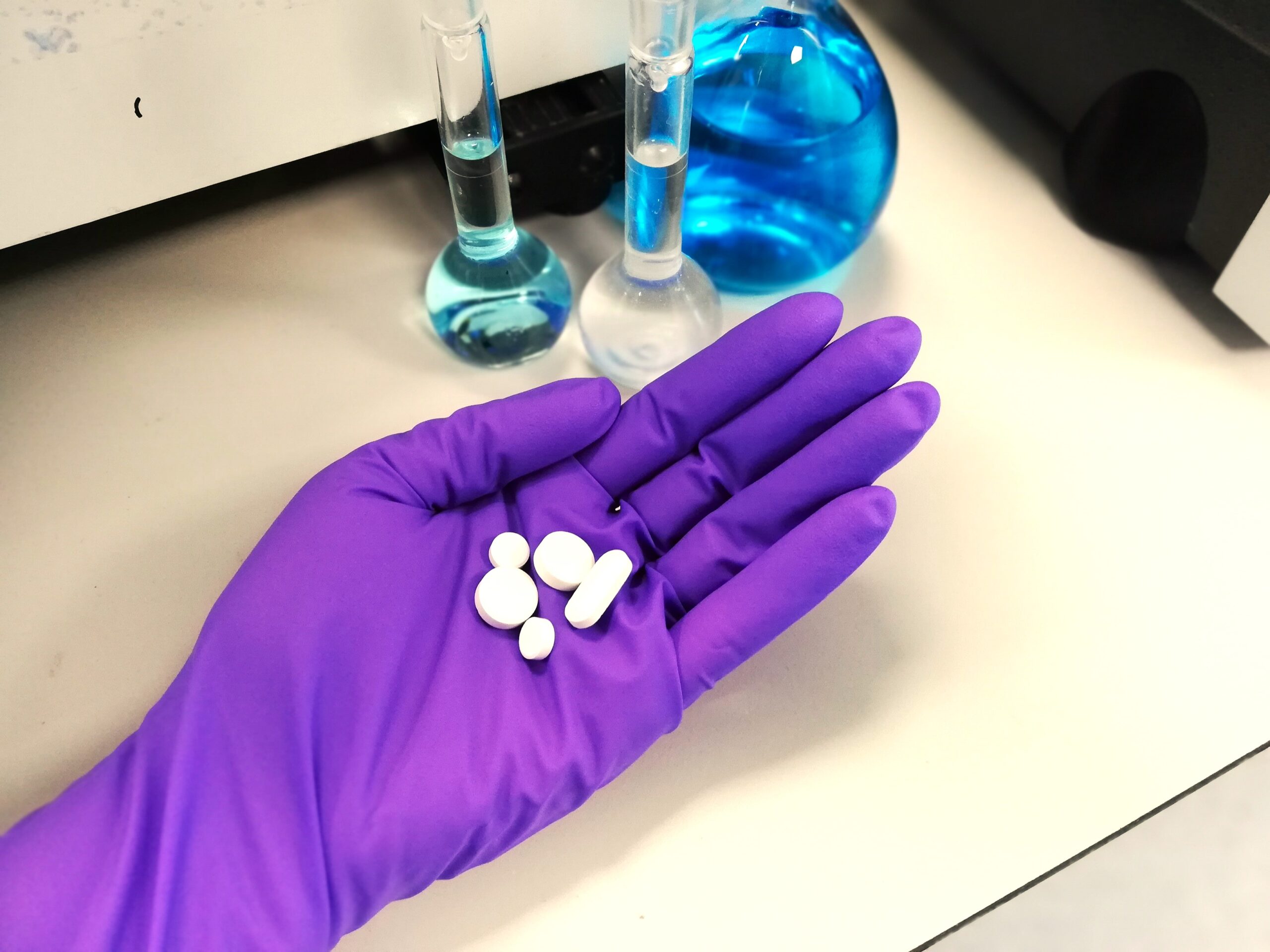Don’t fail your Phase 1 study because of formulation
The narrative ‘it’s better to fail your Phase 1 study fast’ has been around for decades. Indeed, the success rate for clinical drug development[1] can seem discouraging. However, despite all the pressures on development teams to get to the clinic quickly with a material and resource sparing approach for drug product, there is no reason why poor formulation performance in vivo should ever be factor in determining the outcome from the study.
Amorphous materials
If you are developing an oral product and planning for a Phase 1 study with a solid oral dosage form, there are several factors which may contribute to the success of the study. First, the physicochemical properties of the compound and the selection of the solid form can be critical for bioavailability. Over the last few decades with increasing number of poorly soluble lipophilic compounds moving through company pipelines, the interest in employing technologies to enable the formulation and delivery of amorphous materials has increased. This approach can provide a significant solubility enhancement but also poses the risk of precipitation. Hence, sufficient understanding of dissolution, solubility/supersaturation and precipitation kinetics is necessary. The differences between in vitro testing conditions and the physiological environment also should not be underestimated, as the dynamic environment in the gastrointestinal tract may lead to a very different outcome compared to a standard dissolution test. As a part of a drug product performance risk assessment for an enabled amorphous formulation, phenomena which are relevant for bioperformance such as supersaturation, formation of liquid-liquid phase separated nanodroplets, precipitation, re-crystallisation and re-dissolution should all be thoroughly evaluated to gain an understanding of the formulations.
Lipid-based formulations
In addition, if species other than API monomers are formed in the media following drug product dissolution, it is important to characterise these species and to assess any potential impact on absorption. For example, lipid-based formulations are often used to enhance dissolution rate and address solubility limitations, however, the digestion of these formulations in the gastrointestinal tract can be key to their performance. Bile salt mediated solubilisation is also critical for many poorly soluble molecules but biological variability and the impact of micellar solubilisation on permeability across the gut wall need to be considered. The design of any bioenhanced phase 1 formulation needs to be based on a thorough understanding of compound and drug product properties, and the appropriateness of a dissolution test method which accounts for the critical performance attributes and their interplay with relevant physiological parameters in the gastrointestinal tract.
Critical dissolution attributes
Even for relatively simple drug products, such as tablets of soluble compounds, mishaps are possible ranging from particle size related dissolution rate issues, interactions of the API with excipients during dissolution process to impaired disintegration of the drug product. These scenarios can lead to lower-than-expected exposures in study participants and high variability. To mitigate these risks, they first must be recognized through a biopharmaceutical risk assessment which enables identification of critical dissolution attributes. Once the critical dissolution attributes are understood, they can be used to inform dissolution workflow and the design of experiments. Through a combination of results from in vitro studies including biorelevant dissolution tests with modelling approaches it is possible to identify formulation related risks ahead of Phase 1 studies and develop a formulation designed for robust performance in study volunteers and patients.
Please see The Biowaived Process – Biowaived – Biopharmaceutics Experts to learn about our approach to reducing performance risks during drug product development.
[1]Why 90% of clinical drug development fails and how to improve it? – ScienceDirect
